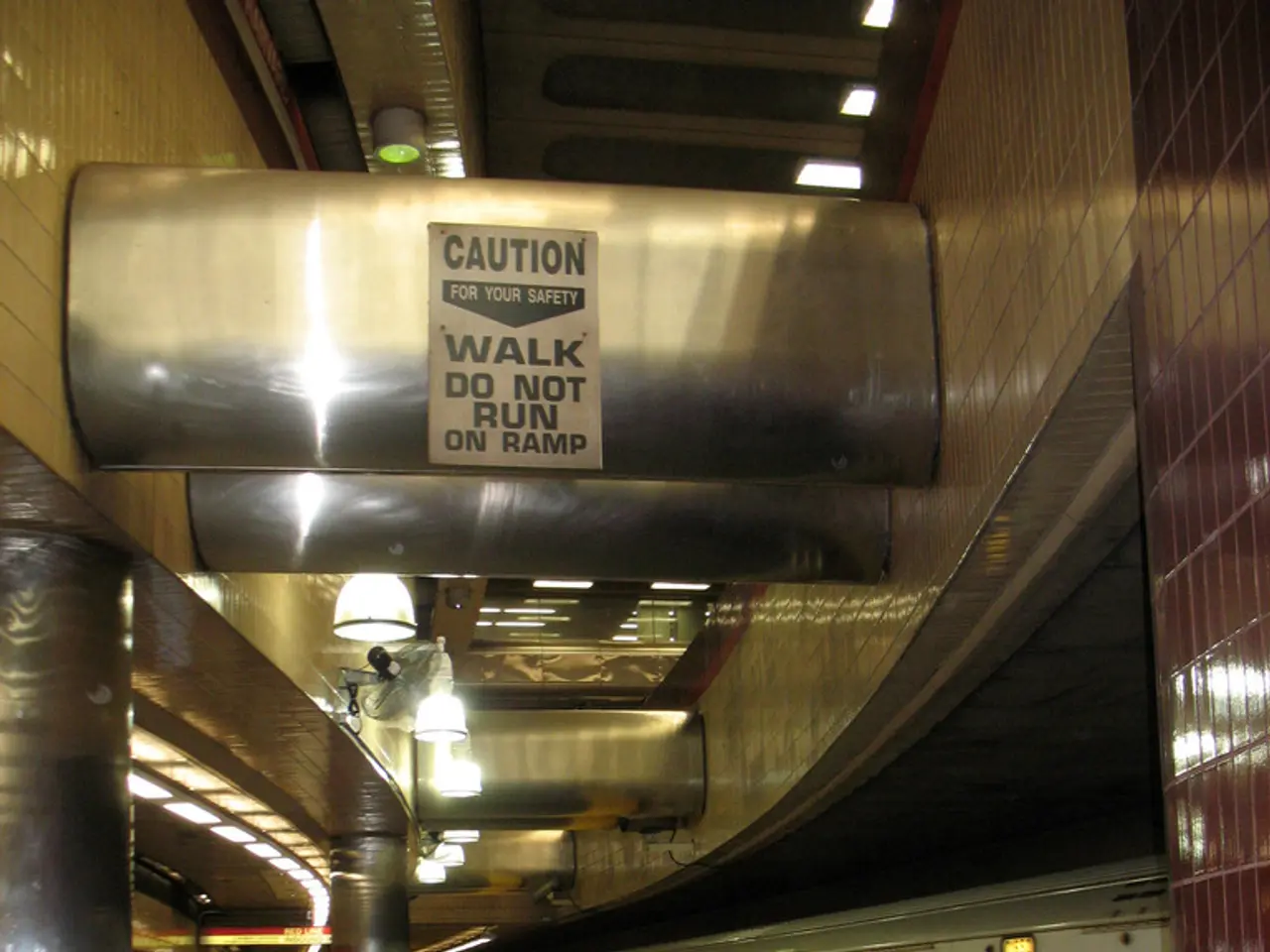Calling for Change: "More Democracy" Demands Reduction of Electoral Threshold in Eastern Germany
Advocacy Group Pushes for Reduction in the 5% Minimum Threshold - "Group advocates for reducing the current 5% threshold"
Venturing to patch up the difficulties often faced during government formations following state elections, the association "More Democracy" is striving to reduce the electoral threshold from a stiff five percent to a more lenient three percent in the eastern German federal states. "A three-percent threshold would resonate with hundreds of thousands of unheard voices, and they deserve to be represented in parliament," said Ralf-Uwe Beck, the federal board speaker of "More Democracy". In an all-encompassing plea, eastern German state associations of the association have banded together, urging state parliaments to lower the threshold as soon as possible.
The appeal asserts that eastern German states feature diverse and fluid voting preferences, which should find reflection in the state parliaments. In the past state elections, many parties struggled to clear the five-percent threshold, leaving their voter bases without representation.
Five-percent threshold: preventing chaos or a boon for diversity?
Parties must attain at least five percent of the votes in elections to enter parliament. This threshold stems from the experience during the Weimar Republic from 1918 to 1933, when there was no such limit, allowing almost any party to enter parliament. Consequently, the party landscape became fragmented, making cooperation and government formation incredibly challenging.
However, the association "More Democracy," which strives for enhanced citizen participation, posits that the threshold could inadvertently contribute to instability. They cite the recent state elections in Saxony, Brandenburg, and Thuringia as examples. In these states, government formation proved troublesome. With a lower electoral threshold, the formation of governing coalitions might not have been inevitable. In Erfurt, the AfD stands as the lone party carrying the entirety of the opposition. "A lower electoral threshold would present an effective means to boost trust in democracy," said federal board speaker Beck.
Criticism and Rejected Complaints
The so-called electoral threshold has been in the spotlight for years. Only last month, the Constitutional Court in Thuringia denied a challenge lodged by the Ecological Democratic Party (ÖDP), who had failed to surpass the threshold in Thuringia’s 2021 state election. Recognizing the impact of the threshold on representation, the association calls for the introduction of a substitute vote system. If a voter's preferred party fails to clear the reduced threshold with their primary vote, they can redirect their vote to another preferred party via a substitute vote.
State elections for Saxony-Anhalt and Mecklenburg-Vorpommern are scheduled for the upcoming year.
- In support of a more varied representation in parliament, the association "More Democracy" has advocated for an amendment in the policy-and-legislation regarding the electoral threshold, calling for its reduction from five percent to three percent in eastern German federal states, citing politics as a crucial factor in this decision.
- As parties' voting preferences in eastern German states change frequently, the association "More Democracy" argues that policy adjustments, such as the introduction of a substitute vote system following a lower electoral threshold, would facilitate increased citizen participation and trust in general-news.




